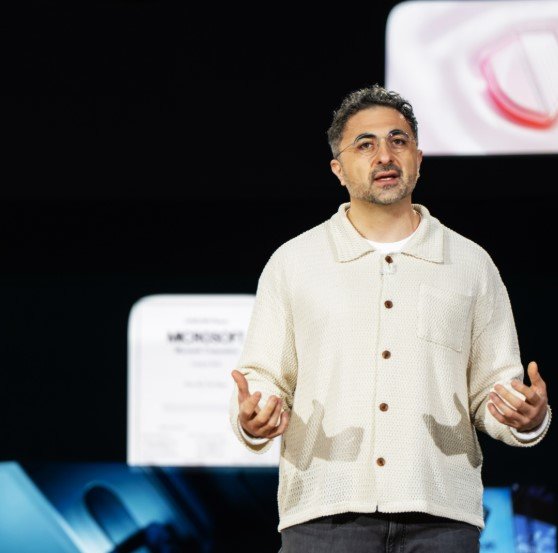Thomas Dohmke’s departure from GitHub marks a significant leadership change at a critical time for the platform. After joining Microsoft through its 2015 acquisition of Dohmke’s startup HockeyApp, he rose quickly to product chief at GitHub in 2021 and soon after replaced Nat Friedman as CEO. Under his leadership, GitHub’s user base more than doubled—a huge accomplishment in a crowded market.
Yet, despite the growth, GitHub now faces stiff challenges from AI coding tools like OpenAI’s Copilot and others backed by tech giants. As these tools gain popularity, the pressure to innovate rapidly has never been higher.
Dohmke’s Exit Reflects Shifts in AI and Developer Tools Landscape
Dohmke announced his decision in a memo posted publicly, saying he plans to “become a founder again.” He will remain through the end of 2025 to help with the transition, signaling a thoughtful and orderly handoff. Microsoft, meanwhile, hasn’t revealed who will replace him yet.
It’s clear this move ties closely to Microsoft’s AI ambitions. Earlier this year, CEO Satya Nadella unveiled the CoreAI platform and tools group, aimed at consolidating Microsoft’s AI investments. Former Meta executive Jay Parikh heads this initiative, and GitHub is now officially part of CoreAI.
The goal? To blend GitHub’s massive developer community with Microsoft’s growing AI muscle—especially in coding assistance, automation, and cloud integration.

Organizational Changes Hint at New Strategic Directions
A memo from Jay Parikh revealed that three senior GitHub executives—Vladimir Fedorov, Kyle Daigle, and Elizabeth Pemmerl—will report directly to Julia Liuson, an executive at Microsoft CoreAI. This structure suggests tighter integration and oversight from Microsoft’s AI-focused leadership.
Such changes could mean more AI-powered features in GitHub’s offerings, including expanded use of machine learning to assist developers, better code security, and smarter automation.
For now, though, the community and investors await word on who will take over Dohmke’s CEO role and how the new leader will navigate the fierce competition.
How GitHub Has Grown But Now Faces Pressures From AI Rivals
GitHub’s growth under Dohmke was impressive. Since 2021, its user count has more than doubled, turning it into the world’s largest code hosting platform. Its developer ecosystem, community projects, and enterprise services have all expanded.
Still, the AI coding market is evolving fast. OpenAI’s Copilot, powered by large language models, set a new bar for coding assistance, and companies like Amazon, Google, and startups alike are rushing to build rival products.
Here’s a quick snapshot of the AI coding tool landscape:
| Company | Product Name | Key Features | Market Position |
|---|---|---|---|
| OpenAI / GitHub | Copilot | AI code suggestions, autocomplete | Market leader, widely used |
| Amazon | CodeWhisperer | AI coding assistant, security focus | Growing presence |
| Codey | AI-powered coding, integration with Google Cloud | Emerging competitor | |
| Microsoft | IntelliCode | AI-assisted code completion in VS Code | Strong integration with Microsoft products |
GitHub must evolve quickly or risk losing ground.
What Comes Next for GitHub and Microsoft’s AI Strategy?
Dohmke’s exit raises questions about GitHub’s future course. Microsoft is pouring billions into AI, betting heavily on the technology’s potential across its products. GitHub’s place in that strategy is vital.
Will the new leadership push deeper AI integrations? Focus more on enterprise offerings? Or shift toward tighter cloud service ties?
The AI coding race is no sprint—it’s a marathon. For developers, this means more innovation but also uncertainty about which tools will become standard.
Whatever happens, GitHub’s legacy under Dohmke is clear: massive growth, solid community, and now the challenge to keep pace in an AI-driven world.








